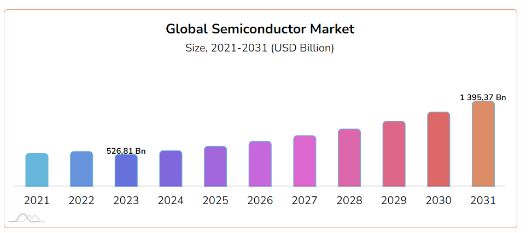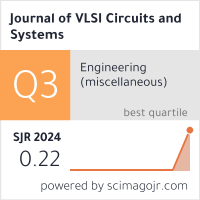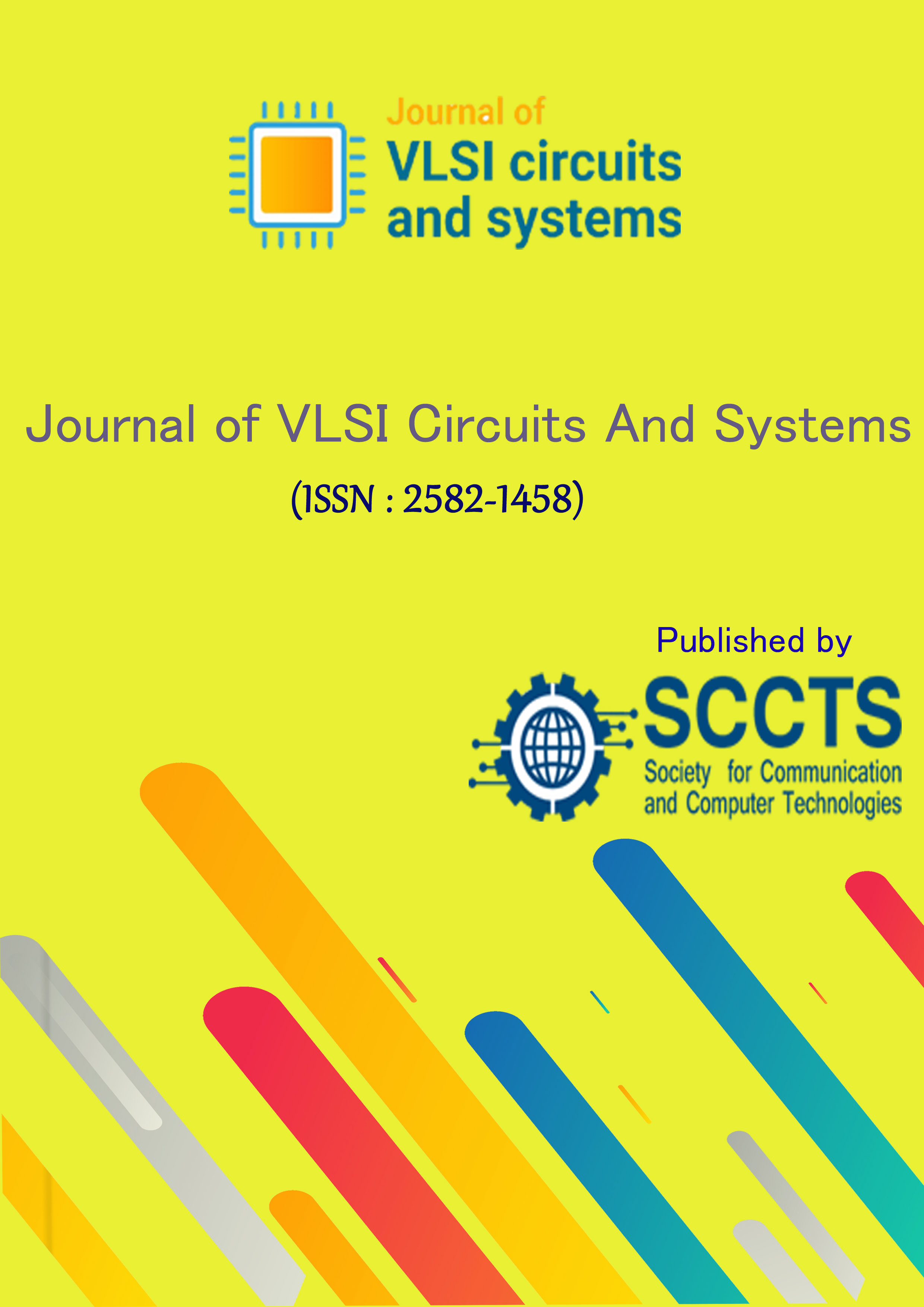Impact of Digital Technologies on Economic and Marketing Innovation and Competitiveness within VLSI System Employment
DOI:
https://doi.org/10.31838/jvcs/07.01.01Keywords:
Digital Technologies, Very Large Scale Integration (VLSI),, Economic Innovation, competitiveness, Marketing, Semiconductor Products.Abstract
This article examines the role of digital technologies in shaping economic and marketing innovation and competitiveness for firms engaged in employment in Very Large Scale Integration (VLSI) systems. The evolution of semiconductor technology has made
integrating digital technologies a critical part of innovation in VLSI design, production, and application. The study begins by exploring the current state of play in VLSI technology and the role of digitalization in enhancing operational efficiencies and fostering innovative
approaches to product development. An extensive analysis of recent developments in VLSI systems employment demonstrates how digital technologies such as artificial intelligence (AI), machine learning, and automation can facilitate improved design optimization, yield enhancement, and reduce time-to-market for semiconductor products. The enhanced design efficiencies and timely product development accruing from applying digital technologies translate into a greater competitive advantage for firms in a global marketplace. The article examines the synergies between digital technologies and economic innovation. It highlights how firms can leverage digital technologies to enhance data analytics and advanced manufacturing processes, creating more intelligent and capable VLSI systems for next-generation electronics, telecommunications, consumer goods, and many other applications. The article concludes by contending that embracing digital technologies is necessary and critical for economic innovation and competitiveness for firms engaged in VLSI systems employment. The article also calls for further examination of emerging digital tools and platforms to shape the semiconductor industry’s trajectory at a much faster pace, leading to more robust economic growth and technological advancement.















